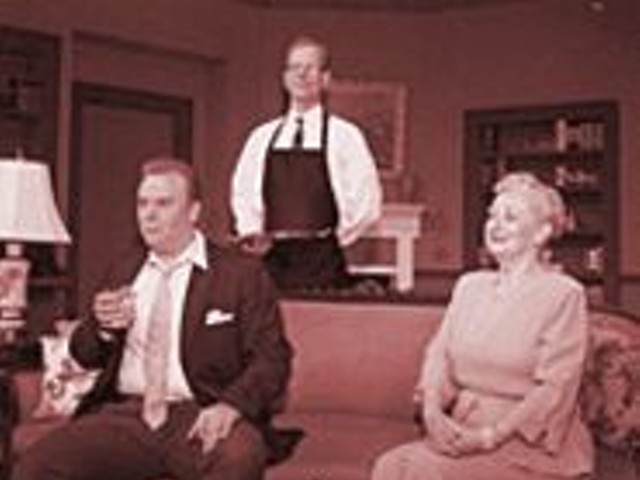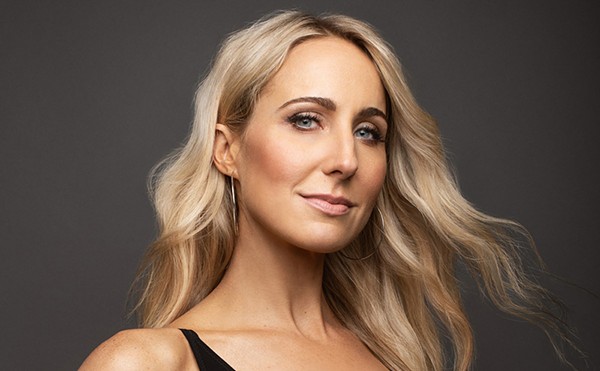The writer bell hooks (she spells her name without capital letters) has a Ph.D. (from the University of California-Santa Cruz), yet she has a lot to say about love, and she is coming to Washington University to say some of it. In February she published Salvation, the second of a trilogy of books about love. In a previous incarnation, hooks was a feisty academic noted for feminist polemics, and her turn to spreading a gospel of love has not been much applauded in intellectual circles. In reviewing her first love book, All About Love: New Visions, the New York Times, for example, accused her of taking refuge in "a shallow, sentimental idealism," and hooks acknowledges that peers have accused her of "getting soft."
Her ardor for her message remains undiminished in the face of such criticism. In a lengthy phone conversation, she speaks with sincerity and passion about her love writings (and teachings) as a "calling." Her message, frankly, is nothing we haven't heard before -- "Love is our hope and our salvation" -- though that doesn't mean it doesn't need to be said again. Lovelessness is not an easily quantifiable phenomenon, but when hooks says that it is rampant, especially among the young -- worst of all, perhaps, among the young and black -- and that messages of "anti-love" dominate youth culture, one doesn't rush to contradict her.
Much of the impetus behind this work is autobiographical. The project grew from conversations hooks had with an ex-boyfriend, Anthony, a younger black man (hooks, herself African-American, is 48 years old). When she first tried to talk to Anthony about love, hooks says, "He didn't have a clue." Besides her reflections on this young man, she finds inspiration in her own "coming to self-love" and its role in her rather successful life. Some might find this "soft," but hooks positions her self-help message in the context of social change. "The transformative power of love is the foundation of all meaningful social change," she declares even on her answering machine's outgoing message, and her ultimate compass, she says, is Dr. Martin Luther King Jr.'s concept of the "beloved community."
When one mentions Dr. King, instantly the idea of being an intellectual -- a doctor -- of love sounds like a respectable pursuit.
She's a doctor, she's got a PhD. She's even a practicing academic, a distinguished independent scholar moving among visiting-professor gigs. But if you want to talk about love -- or listen to someone else talk about it -- you'd better go see bell hooks.





